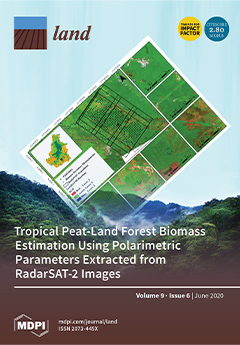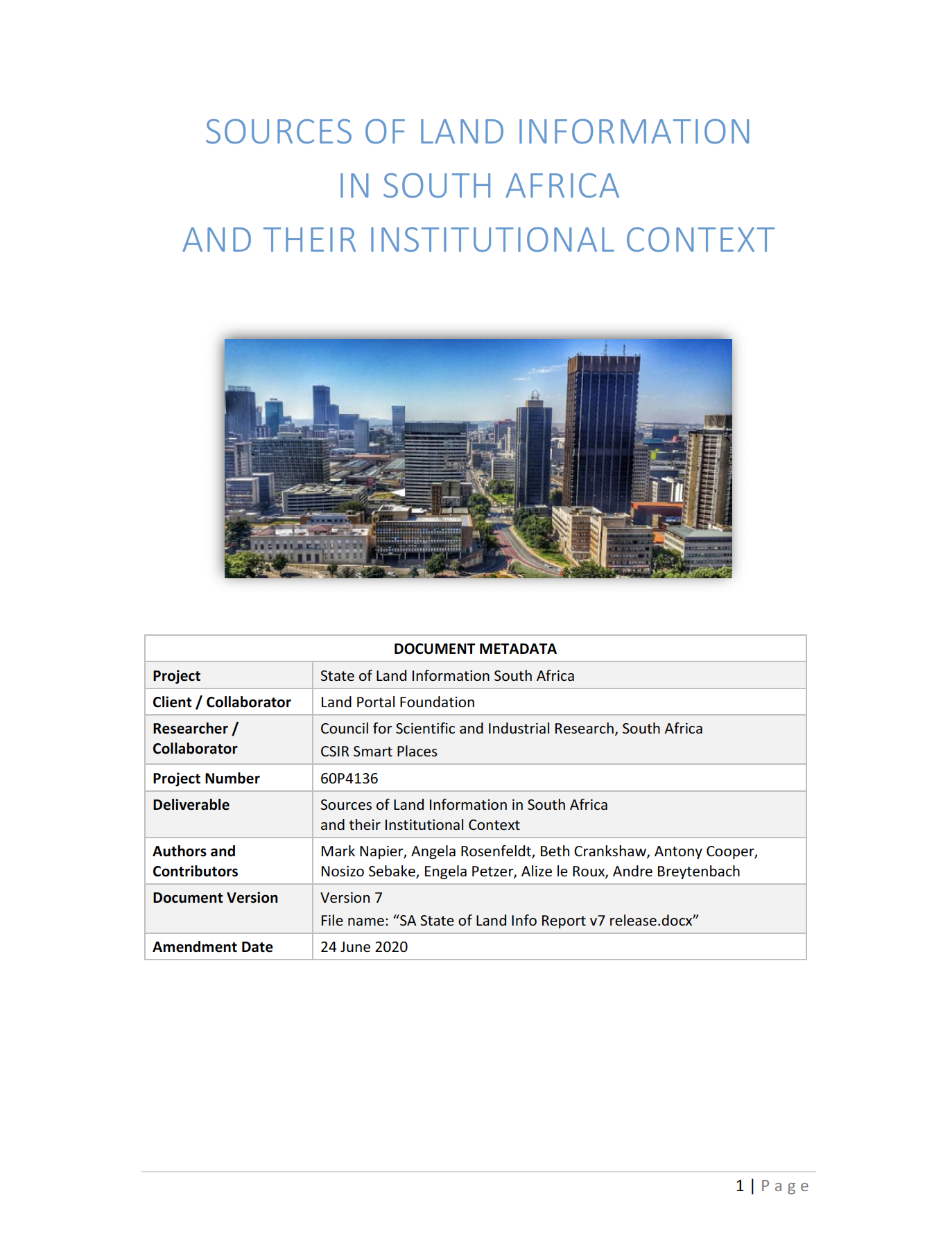Tropical PeatLand Forest Biomass Estimation Using Polarimetric Parameters Extracted from RadarSAT-2 Images
This paper was aimed at estimating the forest aboveground biomass (AGB) in the Central Kalimantan tropical peatland forest, Indonesia, using polarimetric parameters extracted from RadarSAT-2 images. Six consecutive acquisitions of RadarSAT-2 full polarimetric data were acquired and polarimetric parameters were extracted. The backscattering coefficient ( σ o ) for HH, HV, VH, and VV channels was computed respectively. Entropy (H) and alpha ( α ) were computed using eign decomposition.




